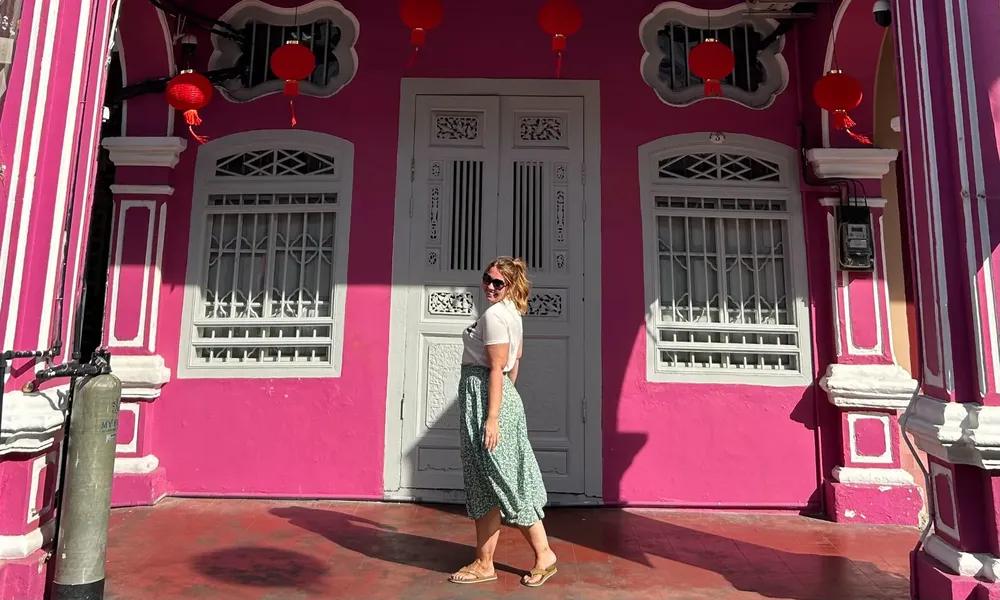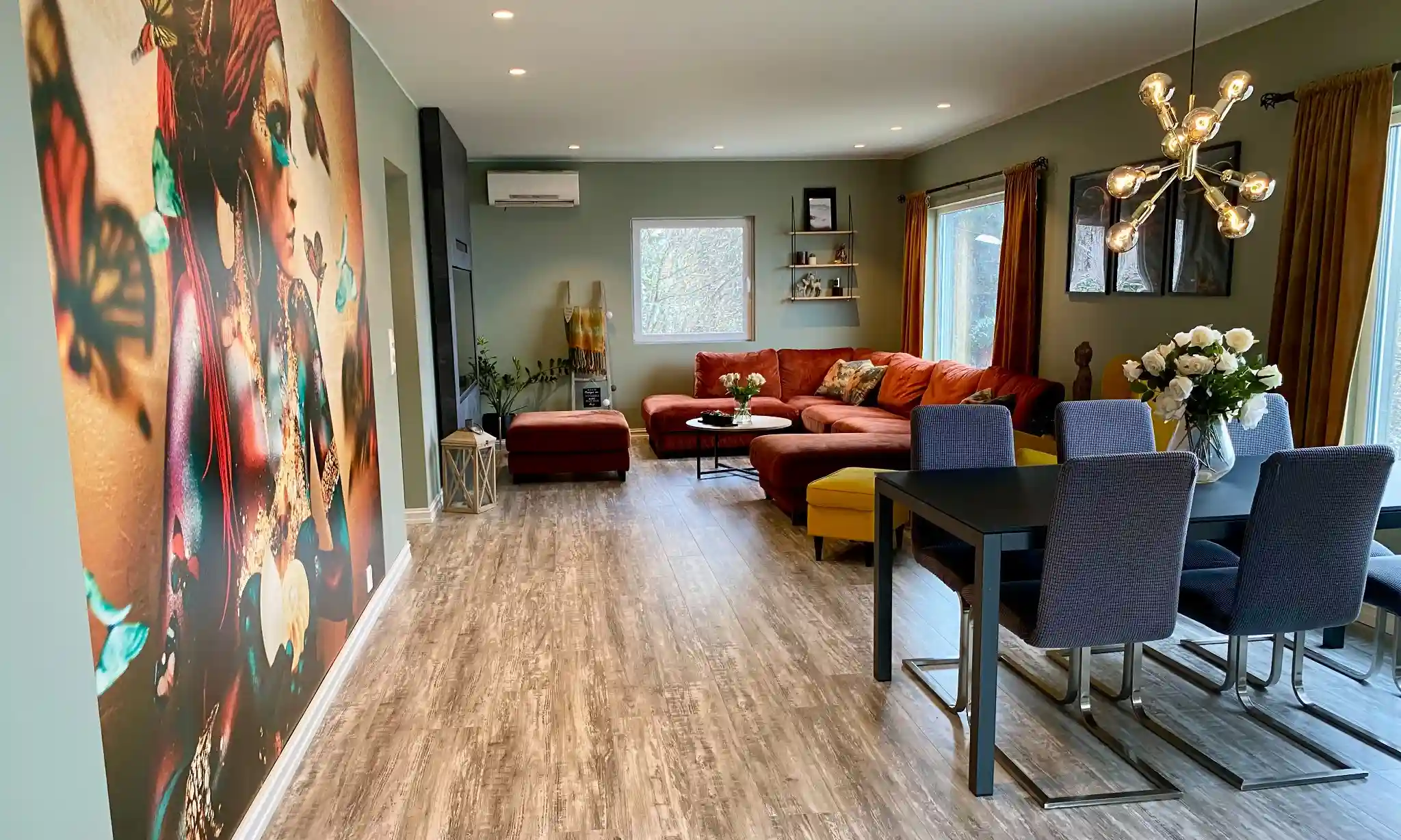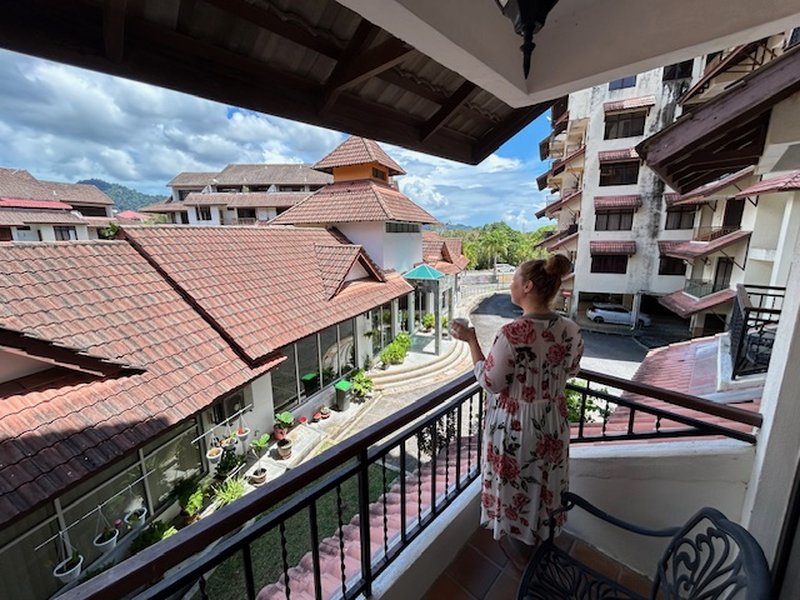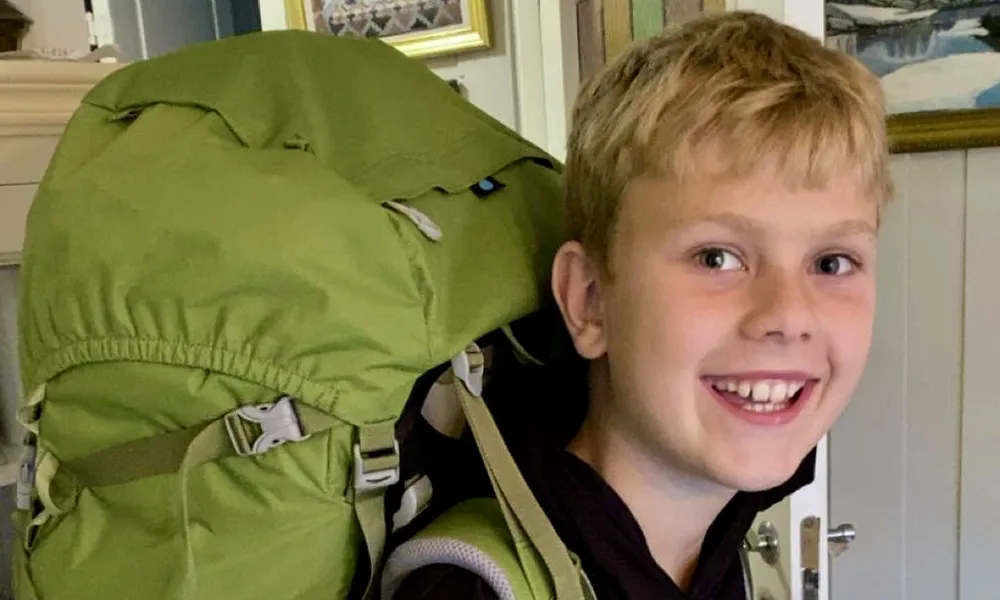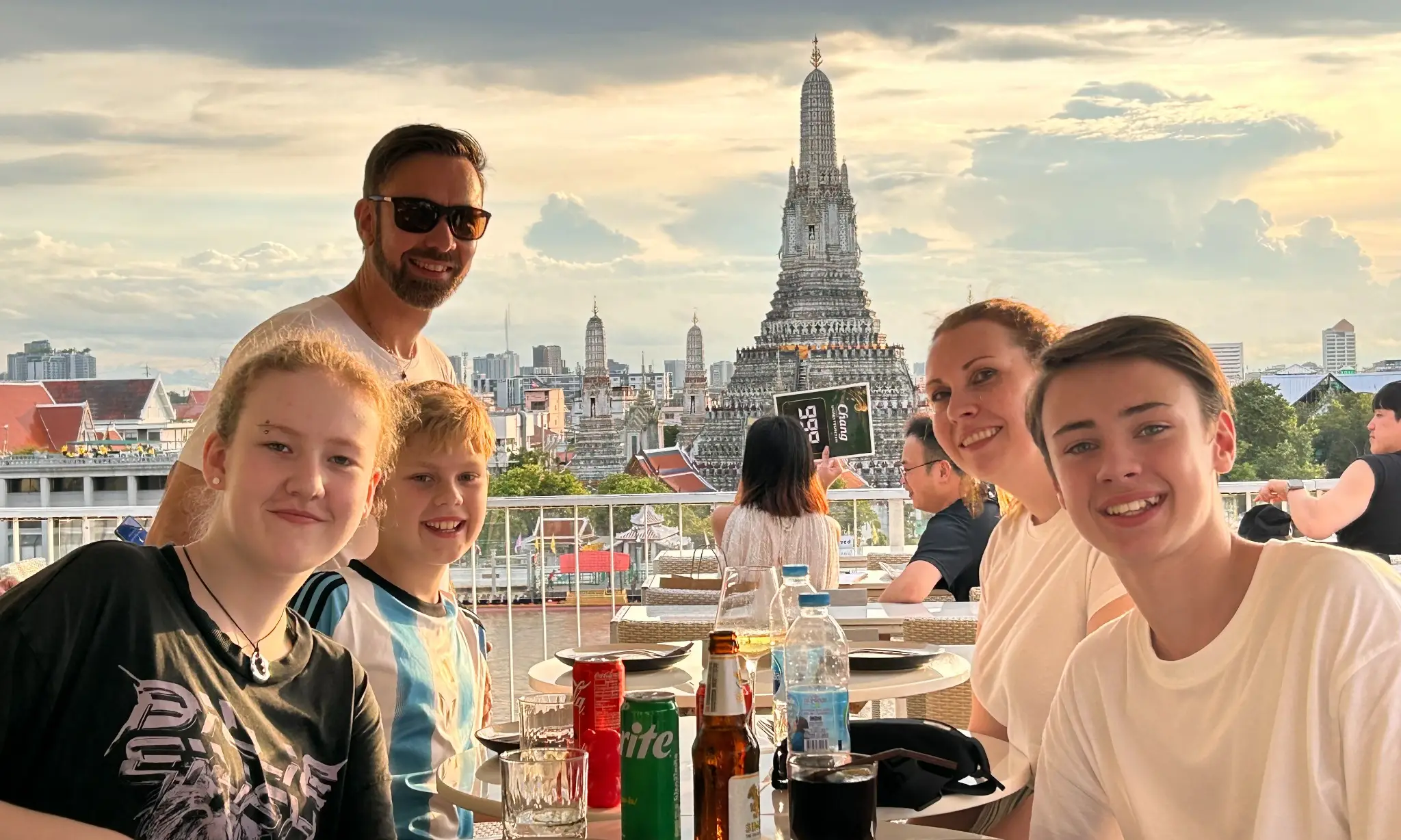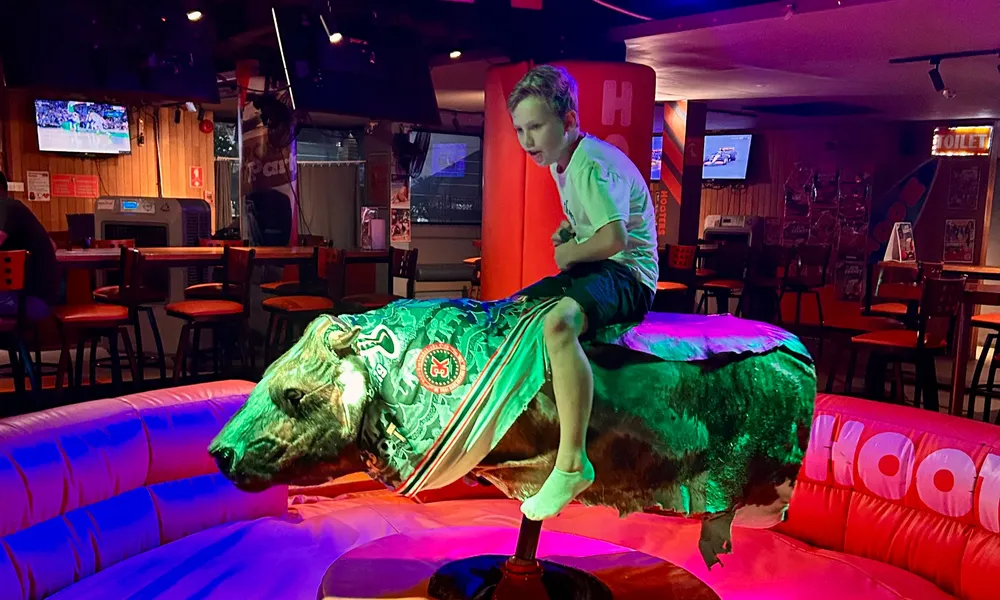The Price of Freedom: What We Sacrificed to Live Our Travel Dream
Last Updated on 12/03/2025 by asia4five

The Price of Freedom: The Selfish Truth Behind Long-Term Travel
When you make a choice like we did, it is, at its core, quite selfish. You leave everything and everyone behind – friends, family, colleagues. You step away from the small but significant daily routines that connect you to the life you once knew. We left to experience the world, to live more, to embrace freedom. But our freedom had a price, not just the price of freedom for us, but for those we left behind.
This was not something I fully considered before we embarked on our travel dream. Amidst the planning, packing, and excitement of departure, it was easy to focus on the adventure ahead. But as time passed, and the distance from home became more apparent, I started to feel it. The void left by the people who were once part of my everyday life. The ones who were always there – for a coffee, a chat, a hug when things felt heavy. They also paid the price of freedom. Our freedom.
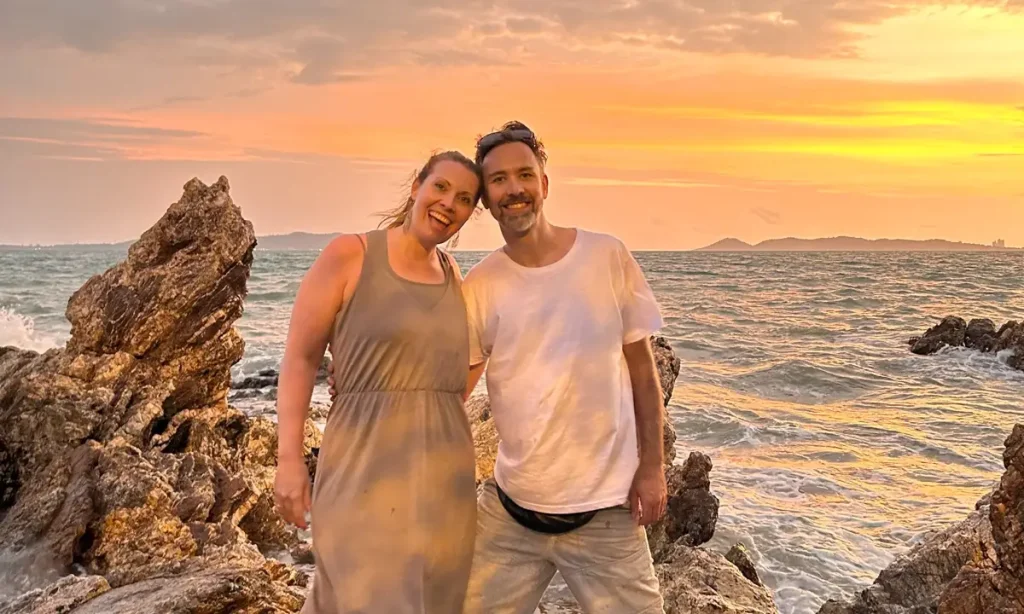
Responsibility or Freedom?
Would this reflection have made me stay? Probably not. The travel dream was too strong. But recognizing how the choice impacts others, acknowledging what you have left behind – the responsibility you walked away from – is a different story. Knowing that you are not there for the people who need you. That you are absent when a friend goes through a crisis, when a family member needs support, or when someone you love feels alone. That you cannot help, comfort, or be present – because you chose a different life, a different place. And while technology brings us closer, it is not the same as being there physically.
But it doesn’t stop there. The struggles with your own mental health do not simply vanish because you change scenery. Stress, anxiety, and heavy thoughts can follow you, even to the most beautiful destinations. Sometimes, they even intensify because you no longer have the wonderful people who used to help you through the tough days. Travel is not always an escape from reality – sometimes, it magnifies it.
It is in these moments that you realize how important the people back home truly are. The ones you call when you need someone who understands you without explanation. The ones who send a message just to check in. The ones who are still there, even when you are far away.
Thank goodness for FaceTime. A small screen that pulls the world together, allowing you to see the faces you miss, hear the voices that remind you of home. It is not the same as being there, but it helps. And perhaps it is this balance – between being free and maintaining meaningful relationships – that makes the journey even more valuable.
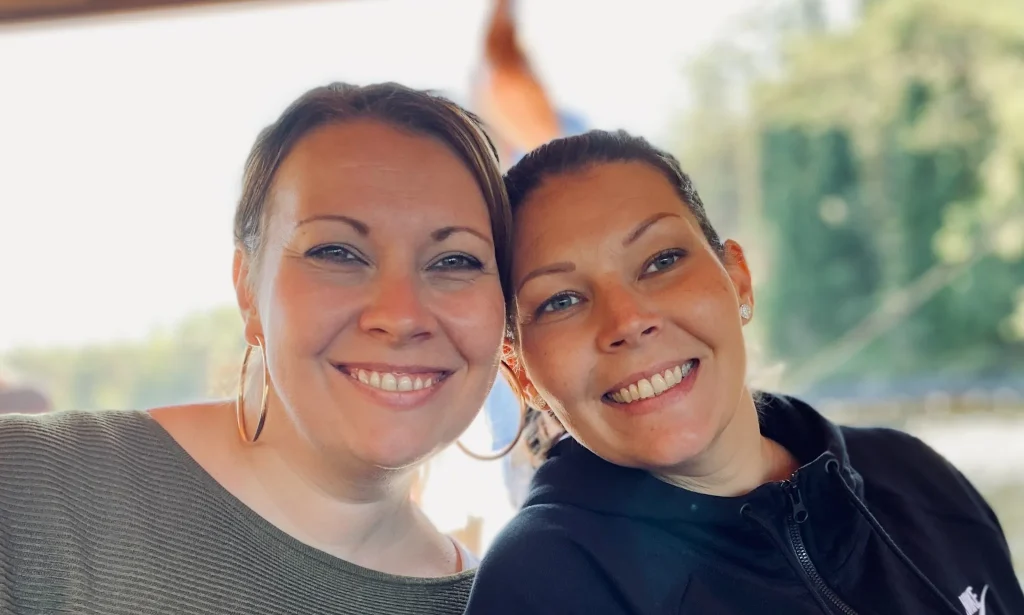
When Goodbyes Might Be Forever
But some of the hardest goodbyes were the ones where we did not know if they would be the last. Leaving the elderly behind, knowing we might never see them again. Giving one last hug without knowing if it truly was the last. It is a brutal truth rarely discussed when dreaming of the freedom of travel.
Even worse was leaving behind family members battling illness, where the future was uncertain. Cancer follows no schedule, has no predictability. I knew that some back home needed support, a hand to hold on their darkest days. Someone who wished we were closer. And yet, we left. Not because we did not care, but because we knew life cannot be put on hold. Where is the line between responsibility and personal freedom? Choosing adventure when someone you love is fighting their hardest battle felt wrong. Selfish. Yet, we left, with a heavy heart and a constant fear of what an unexpected phone call from home might bring.
Should you stay home in fear of what might happen? Postpone everything you dream of because something could go wrong?
Life is fragile, yes. We never know how much time we have with those we love. But does that mean we should live as if we always have another day with them – or as if we never do? If we had stayed home, it would have been out of fear, not love. And fear is a poor driving force for life. So, we left – because we also knew that staying might mean never leaving at all. And we did not want to live a life on hold.
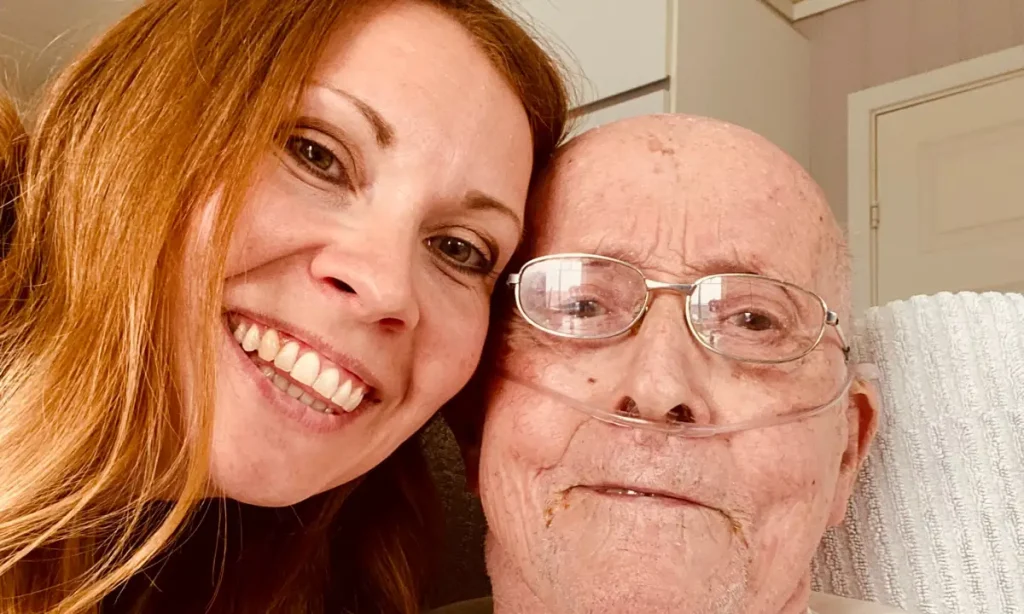
From Stability to Constant Change: What Children Sacrifice for Our Travel Dream
Friends and family were not the only ones who paid the price of freedom we sought. Our children did too. And perhaps dragging them to the other side of the world was the most selfish part of all.
They did not just lose their home, an address – they lost an entire life woven together by people, routines, and security. Their school, where they had their assigned seats, teachers who knew them, and a class they belonged to. Their friends, who were always there – to run with during recess, to share secrets and laughter with, to rely on when things got tough.
They lost their regular afternoon practices, the feeling of putting on football boots and running across the grass. The smell of sweaty locker rooms and the sound of teammates cheering. The unforgettable rush of scoring a goal in an important game or the sting of losing – but doing so together with their team.
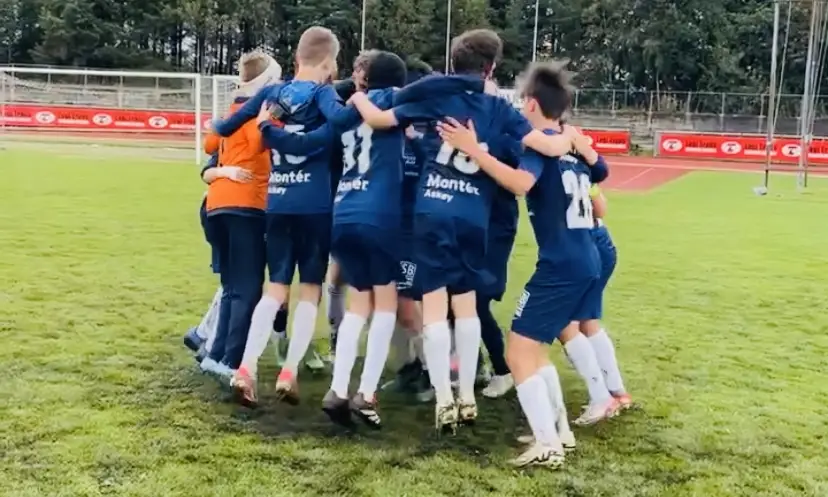
Playing football with people from all over the world is amazing! But it’s not the same as playing with your best friends.
They lost the small and big traditions that create a sense of belonging. The Advent season with lit candles and a Christmas calendar on the wall. Christmas dinner with family and the familiar warmth of home. The certainty of waking up each morning knowing exactly what the day would bring – throwing a backpack over their shoulders, heading to school, and counting down the hours until the weekend. The excitement of winter break, with all its familiar comforts waiting. Sunday dinners at grandma’s house, with her signature dessert and warm hugs. The spontaneous bike rides with their best friend in the neighborhood, the secure feeling of always having someone at home, ready to open the door.
We are seven hours ahead, and when those back home finally have time to talk, we are already heading to bed. It creates a distance that is not just physical but emotional. It is lonely. We see it in their eyes, in the short replies, in how they withdraw when the longing becomes too much. We see how they stop sending messages because it hurts more to see what is happening back home. And we know – we know that it was our choice that placed them here, in this feeling of being on the outside, of being one step behind those still living the life they left.
Most days, they handle it well. Other days, the longing is physically painful.They lost the small and big traditions that create a sense of belonging. The Advent season with lit candles and a Christmas calendar on the wall. Christmas dinner with family and the familiar warmth of home. The certainty of waking up each morning knowing exactly what the day would bring – throwing a backpack over their shoulders, heading to school, and counting down the hours until the weekend.
The excitement of winter break, with all its familiar comforts waiting. Sunday dinners at grandma’s house, with her signature dessert and warm hugs. The spontaneous bike rides with their best friend in the neighborhood, the secure feeling of always having someone at home, ready to open the door.
We are seven hours ahead, and when those back home finally have time to talk, we are already heading to bed. It creates a distance that is not just physical but emotional. It is lonely. We see it in their eyes, in the short replies, in how they withdraw when the longing becomes too much. We see how they stop sending messages because it hurts more to see what is happening back home. And we know – we know that it was our choice that placed them here, in this feeling of being on the outside, of being one step behind those still living the life they left.
Most days, they handle it well. Other days, the longing is physically painful.

No Rush, No Stress: A Life Without Pressure
But what they have gained is something many never will. They have seen the sunrise over the ocean in Phu Quoc and run barefoot in the sand until late at night in Rayong. They have swum with turtles and sharks in Koh Tao, tasted dragon fruit and longan they had never heard of before, stood atop Marble Mountains in Da Nang, feeling the wind rush through their hair. They have truly experienced the world – not just seen it in a book.
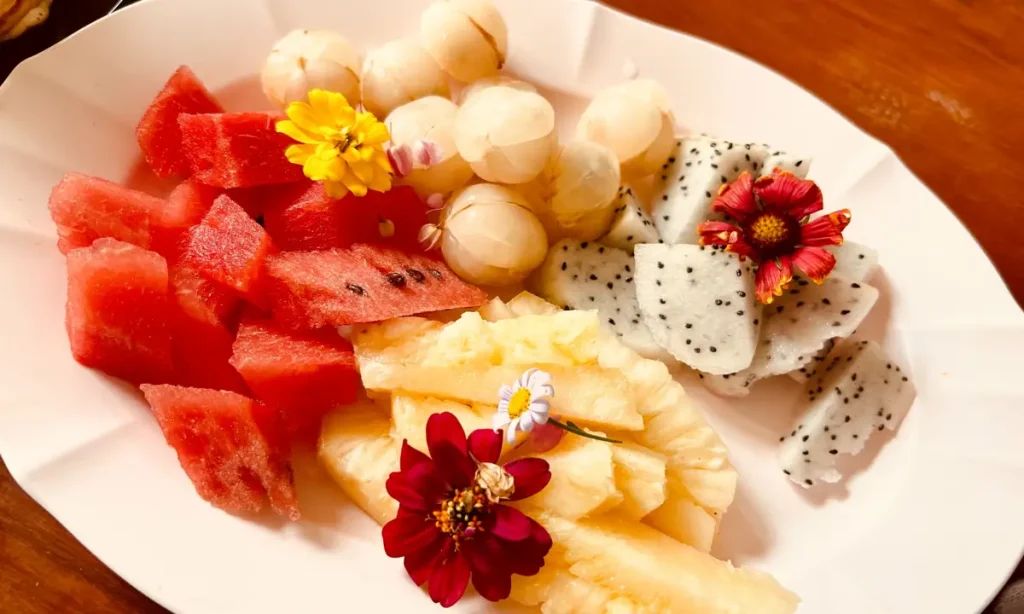
They get to experience that there are many ways to live. That school is not just a building, but also a conversation with an old fisherman on a pier in Thailand, a rainy day in a hammock at Karma Traders with their nose in a book, or an evening at a market trying to haggle in English with someone who only speaks Khmer

They learn that home is not a fixed address, but the people they are with. That security is not always found in routines, but in the certainty that we are always there for each other.
They have our full attention every day. We laugh together, share experiences, and have time for each other in a way that everyday life at home never allowed. They wake up fully rested, live without stress, and enjoy breakfast without rush.
Growing up with the world as their neighborhood
They experience that people are people, no matter where they live. They see that even though cultures differ, we are not as different as we think. They learn that the way we live at home is not the only right way. That people in other parts of the world do things differently—eat differently, speak differently, think differently—but that does not mean their way is wrong.

They gain insight into why people live the way they do, what lies behind traditions, why a tuk-tuk driver in Kampot, Cambodia, smiles every day despite owning little, and why children in Vietnam greet with deep respect. They see that happiness is not necessarily about material things but about community, belonging, and gratitude.
And that is one of the reasons we left—we wanted to give our children and teenagers the world. To provide them with experiences that go beyond what a textbook can teach. To show them that life can be lived in so many ways. That adventure exists, and dreams can be pursued.
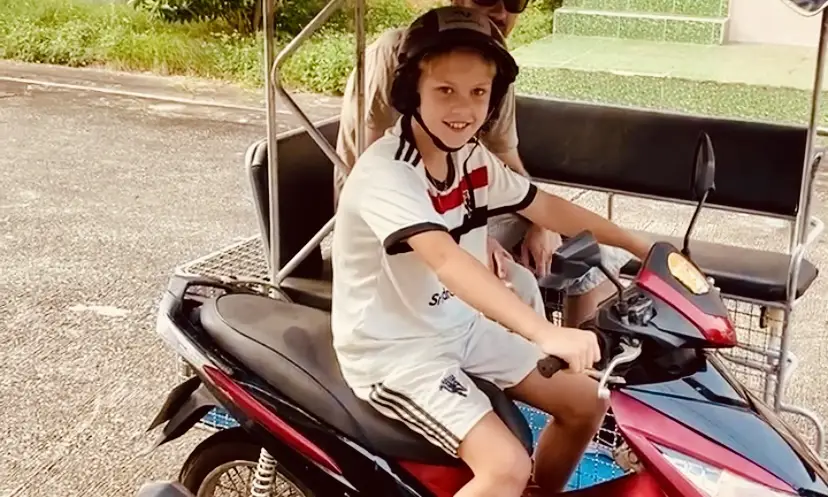
Is it selfish?
Was it selfish of us to leave? Maybe. But we also believe that our selfishness was mixed with love—the love of freedom, adventure, and the desire to give our children a bigger world. And hopefully, when they look back, they will understand that they received something invaluable. Not just a childhood filled with adventure, but an understanding of the world and themselves. Something that can shape them forever.
- Wanna know how we decided to go on this trip? Read: Travel with kids: 7 steps from dream to reality
- Wanna know how YOU can afford to travel for a year? Read: The price of freedom: How to afford to travel for a year
CATEGORIES
FOLLOW US LIVE
WHO ARE WE
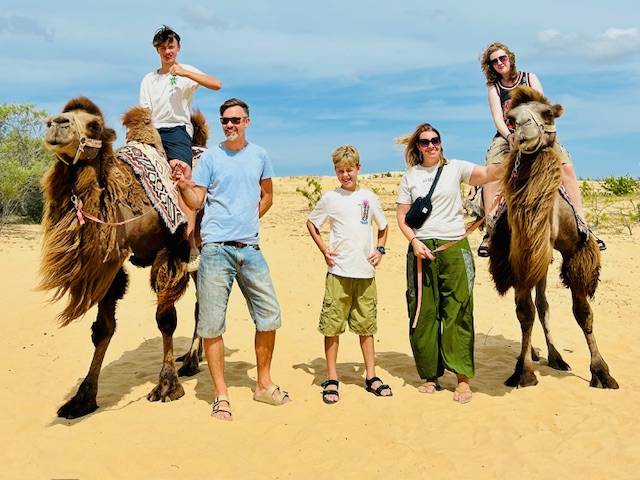
We’re the Mjaatvedt family, an adventurous group of five who followed our dream, quit our jobs, packed our bags and embarked on a year of backpacking through Asia. With us on the journey are three children aged 10 to 16, home schooling and a passion for exploring new cultures, flavors and places off the beaten track.
Through Asia4five, we share our experiences, travel tips and insights to inspire others to travel more – whether it’s on shorter vacations or bigger adventures. We create personalized travel guides, practical tips and honest blog posts to make your journey easier and more memorable.
Join us on the journey! 🚀🌍
TAGS
Bangkok Burnout Dare to Take the Leap departure Homeschooling While Traveling Job and Leave nana our journey Packing for long distance Thailand Traffic Travel budget Travel with Kids Visa and Travel Documents welcome We made it!
